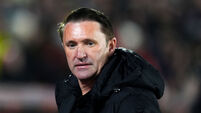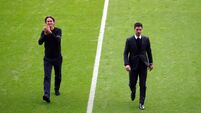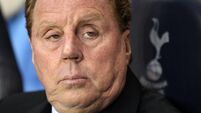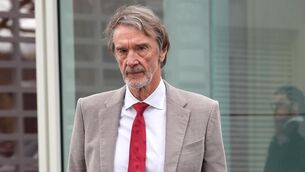One last shove for Sheva
His pace has deserted him and it may even be that he is no longer an automatic starter for Ukraine any more. After his difficult spell at Chelsea and a season on loan at AC Milan, he returned to Dynamo Kyiv, his first club, in September 2009, driven by the thought of playing in a major tournament on home soil.
“It’s fair to say that Ukraine earning the right to co-host Euro 2012 in April 2007 prolonged my career,” he said. “During these last five years I have dreamed and prepared myself to play in such a magnificent tournament, having always in mind the thought that this is my first European Championship and definitely the last major football event for me.”














